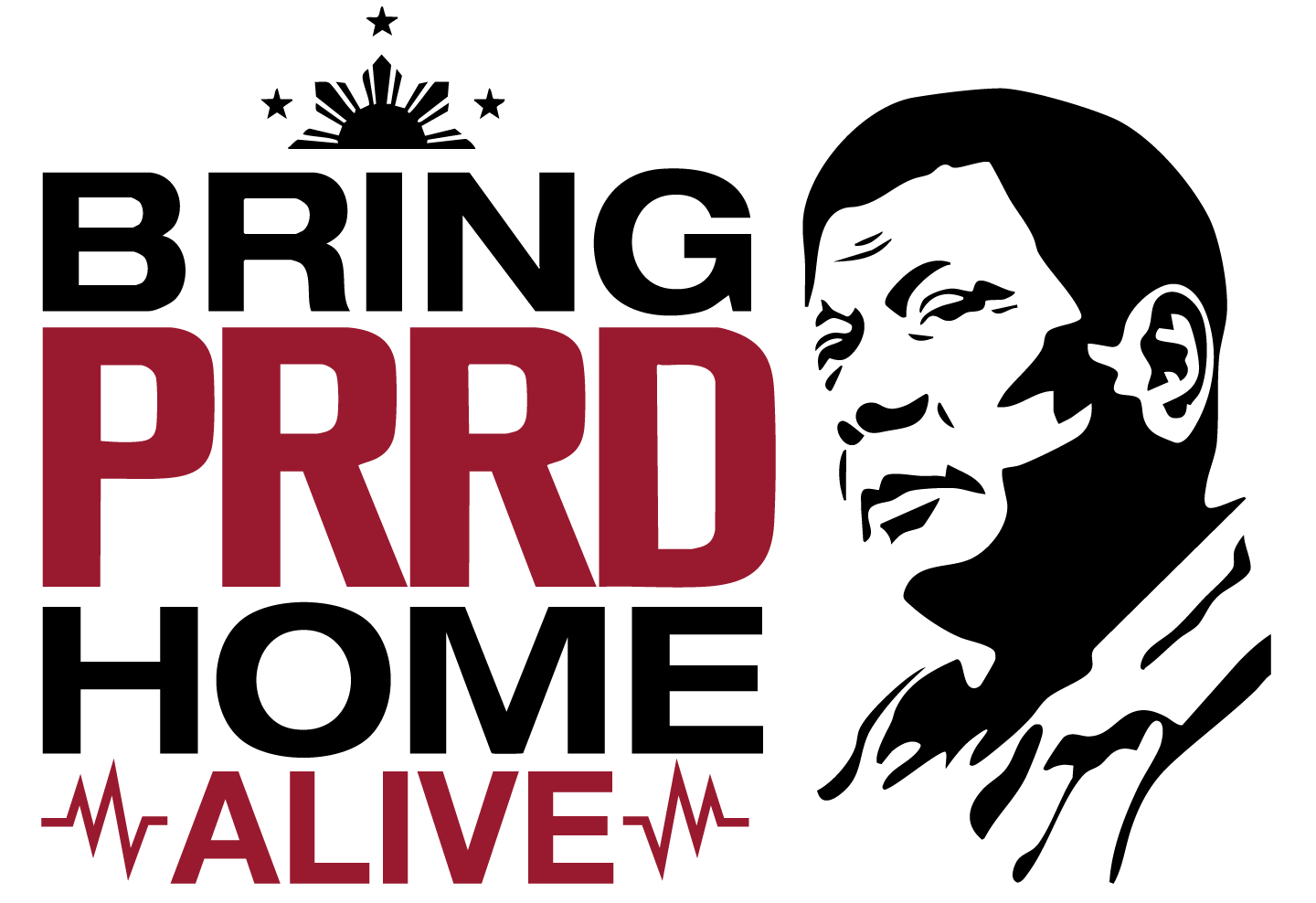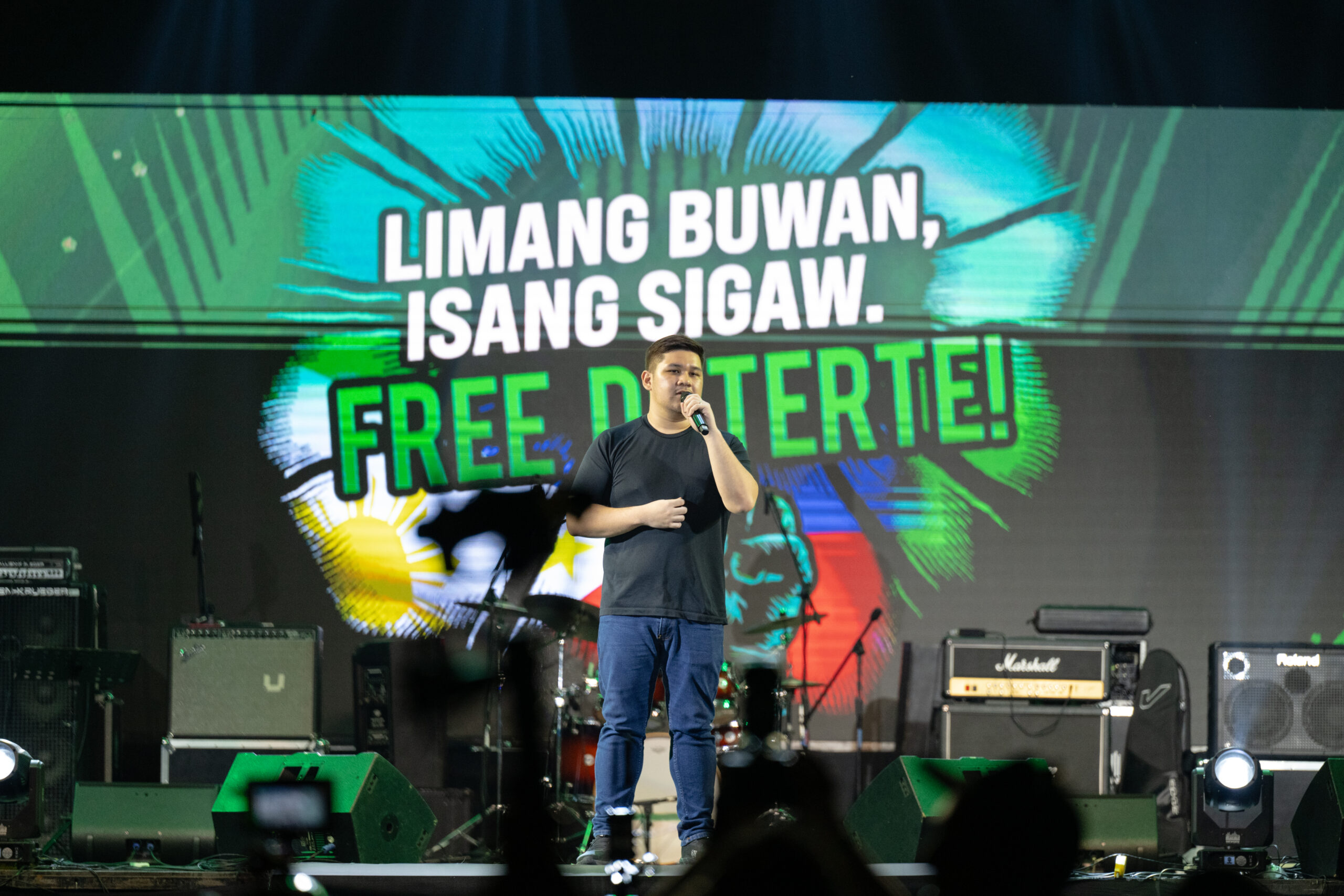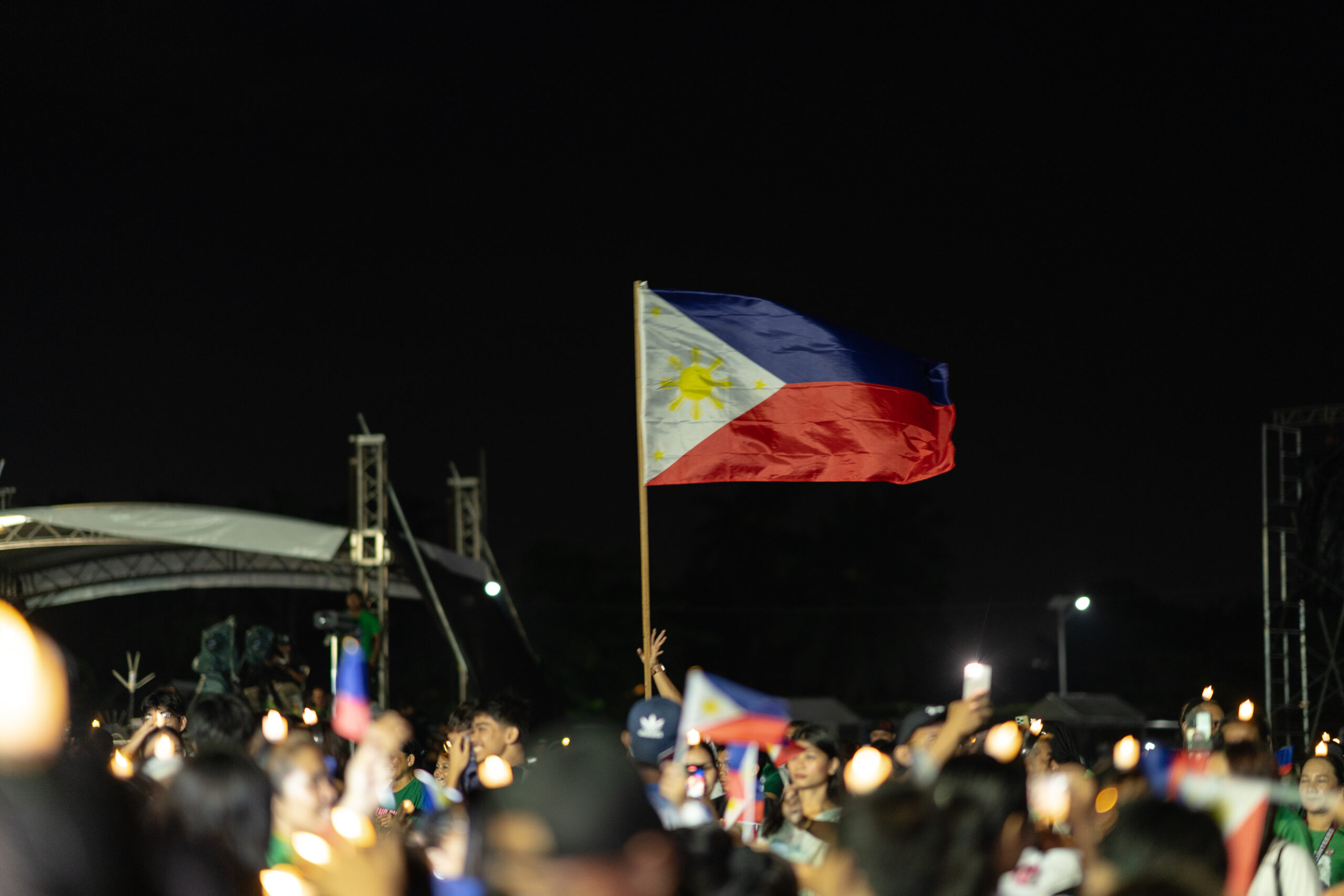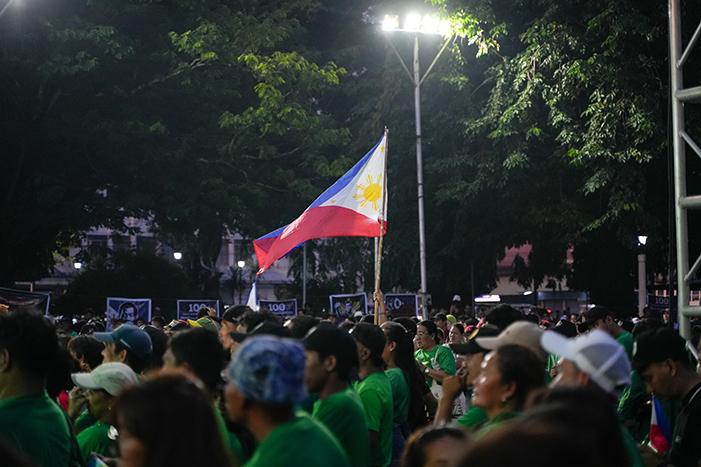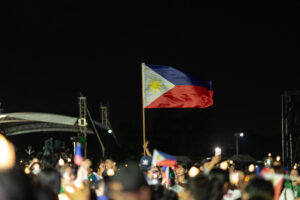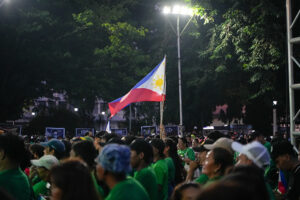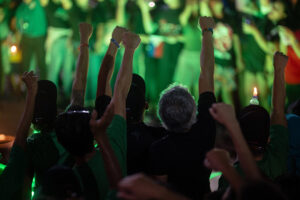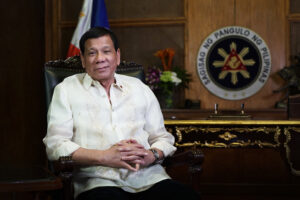In a 16-page filing posted on the ICC’s website, PRRD’s legal team proposed that he be transferred to an undisclosed country willing to host him under strict conditions. While the destination country remains redacted from the public version of the document, the request emphasizes the nation’s full cooperation with the ICC and commitment to enforce any terms of release.
FPRRD is currently facing charges of crimes against humanity, connected to thousands of deaths during his controversial anti-drug campaign, both as mayor of Davao City and during his presidency.
Grounds for Release: No Flight Risk, Humanitarian Concerns
Nicholas Kaufman, FPRRD’s defense lawyer, argued that the former president poses no credible flight risk and does not meet the criteria for continued detention under Article 58(1)(b) of the Rome Statute.
“He must, as a result, be immediately released from ICC custody,” the request states.
“He does not pose an objective risk of flight, nor is his arrest necessary to ensure the integrity of the investigations or to preclude the continued commission of crimes.”
Kaufman also noted that the prosecution has confirmed it will not oppose the interim release, provided specific conditions are upheld—outlined in a sealed annex attached to the filing.
Humanitarian grounds were central to the appeal. The former president, now 80 years old, is described as physically fragile and in need of a “stable and suitable environment.” Details regarding his health remain redacted, but the document suggests he requires a setting that can support his current condition.
Grounds for Release: No Flight Risk, Humanitarian Concerns
Nicholas Kaufman, FPRRD’s defense lawyer, argued that the former president poses no credible flight risk and does not meet the criteria for continued detention under Article 58(1)(b) of the Rome Statute.
“He must, as a result, be immediately released from ICC custody,” the request states.
“He does not pose an objective risk of flight, nor is his arrest necessary to ensure the integrity of the investigations or to preclude the continued commission of crimes.”
Kaufman also noted that the prosecution has confirmed it will not oppose the interim release, provided specific conditions are upheld—outlined in a sealed annex attached to the filing.
Humanitarian grounds were central to the appeal. The former president, now 80 years old, is described as physically fragile and in need of a “stable and suitable environment.” Details regarding his health remain redacted, but the document suggests he requires a setting that can support his current condition.
ICC Detention Timeline and Ongoing Proceedings
FPRRD was arrested in Manila on March 11 and transferred to ICC custody the following day. He has been held at the ICC Detention Center since March 13. During his first video appearance before the tribunal on March 14, Kaufman said Duterte appeared “visibly fatigued.”
Following discussions initiated after this appearance, the defense entered negotiations with ICC officials and representatives of the unnamed host country. By June 9, that country reportedly expressed “principled agreement” to host FPRRD and enforce any court-mandated conditions of his interim release.
Legal Precedent and International Norms
The defense asserts that the legal standard for detention has not been met and that the Rome Statute compels release when conditions in Article 58(1) are not present.
“Where a detainee does not pose a risk under Article 58(1), they must be released; this is not a discretionary decision, it is absolute,” the document argues.
The request also notes that international human rights norms stress pre-trial detention should be used only as a last resort, particularly for elderly or vulnerable individuals.
Global Cooperation and ICC Process
The host country, though unnamed, is described in the filing as being committed to “humane defense of internationally recognized liberties” and cooperation in matters of international justice. It has signaled its willingness to enforce the ICC’s conditions and to respond promptly to further requests from the pre-trial chamber.
“Its agreement to host Mr. Duterte demonstrates its commitment to actively cooperate with the court, ensuring a balance between the right to a fair trial and accountability,” the defense filing read.
Looking Ahead
With the ICC’s pre-trial chamber now reviewing the defense’s urgent motion, FPRRD’s legal team has also asked the court to expedite the timeline for responses, a request whose reasoning was redacted.
The outcome could set a significant precedent in how international courts handle interim detention of aging political figures, especially where humanitarian and legal concerns intersect.
